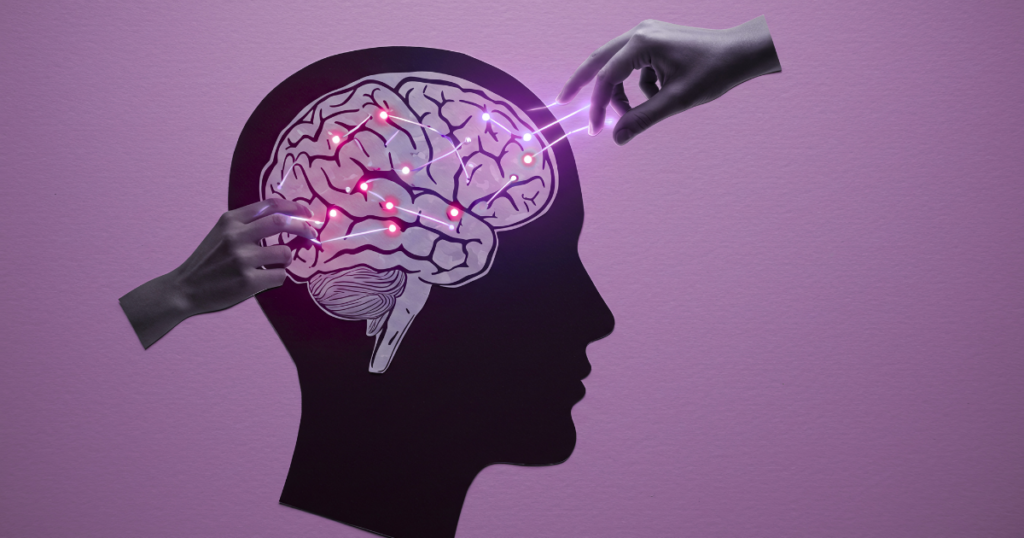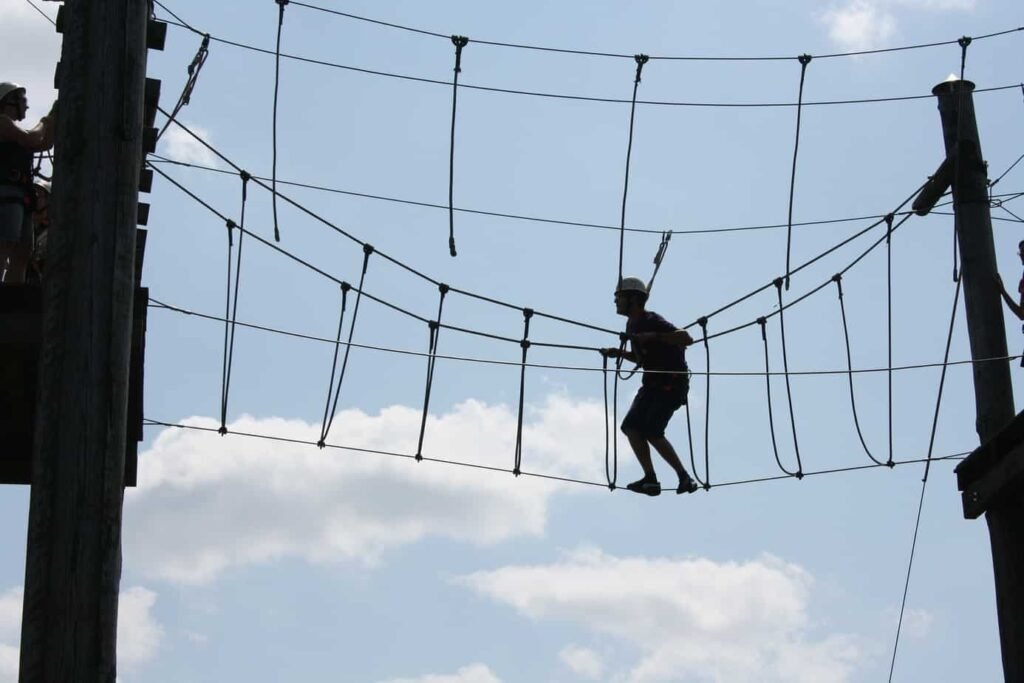Have you ever sent a text and then caught yourself spiraling because the person took too long to text back? I’ve been there! Within minutes, your brain can go from “maybe he’s busy” to “he must hate me.”
I used to believe this kind of thinking meant I was bonkers in the brain, but in coaching school (yes, it’s a thing), we learn about little mental shortcuts our brains take to help us quickly make sense of the world around us called cognitive biases.
Helpful as cognitive biases are for our brains to navigate the ins and outs of everyday life, they sometimes warp how we see ourselves and others.
They’re not flaws, they’re filters. And the more we understand them, the less control they have over us.
Here are a few of the most common ones:
1. Confirmation Bias
You look for evidence that proves what you already believe.
Example: You assume you’re “unlovable,” so you only notice when people pull away, but gloss over the times people want closeness.
2. Negativity Bias
Negative experiences stick longer than positive ones.
Example: You could get glowing feedback all year, but that one “area for improvement” is the only thing your brain remembers.
3. Spotlight Effect
You think everyone notices your flaws more than they actually do.
Example: You replay that awkward thing you said at dinner for hours… but no one else remembers it.
4. Anchoring Bias
You cling to the first piece of information you hear.
Example: A friend once called you “too sensitive,” and you’ve carried that moment ever since.
5. Availability Heuristic
We overestimate how common something is because it’s top of mind.
Example: Your friends in an open relationship had a bad breakup and you decide non-monogamous relationships never work out.
6. Self-Serving Bias
We protect our self-esteem by taking credit for successes and blaming external factors for failures.
Example: “I aced that presentation because I worked hard. The one that bombed? The audience was terrible.”
7. Self-Effacing Bias
The opposite of #6: You blame yourself for failures and downplay your wins.
Example: When something goes wrong, it’s all your fault. When it goes right, you chalk it up to luck or someone else’s help.
So next time your brain starts writing a tragic novel because someone hasn’t texted back, pause and remember:
You’re not broken, you’re just afflicted with a human brain.
It’s simply trying to protect you, even if it sometimes gets the story wrong… And once you can spot these biases, you can start rewriting the narrative and be a little kinder to yourself along the way.
In coaching this is something we tackle together, so if you’re feeling stuck in your confirmation biases —I invite you to book a free call with me to start exploring how you can change your mindset for good.
If you aren’t a part of the Wellismo community, it’s easy to join! And when you do, you’ll get a weekly dose of real talk, mindset shifts, and behind-the-scenes confessionals from me. Join below!




